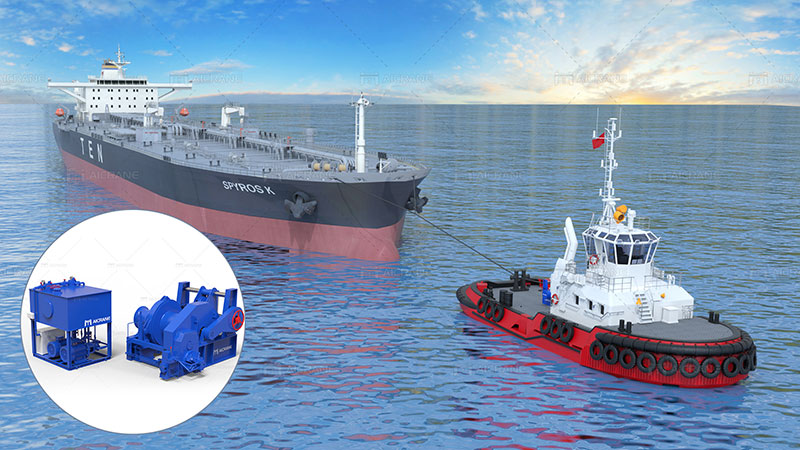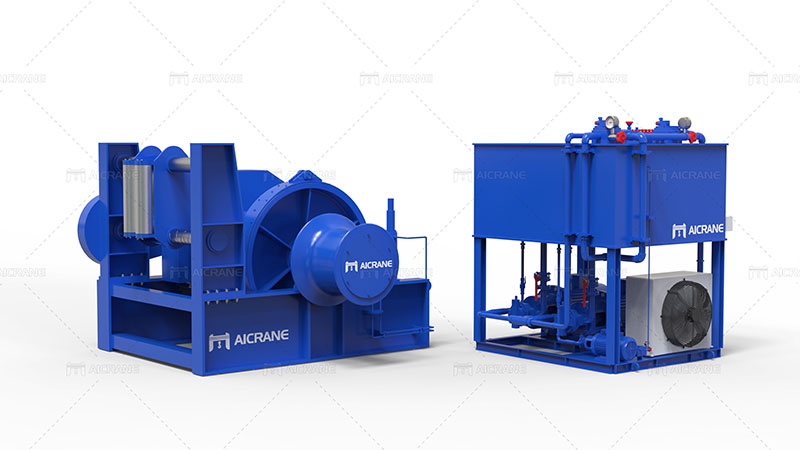Selecting the appropriate marine winch for your business is a critical decision that can significantly impact your operations. A well-chosen winch not only enhances efficiency but also ensures safety and reliability in marine activities. This guide aims to provide comprehensive insights into the factors to consider when choosing a marine winch, ensuring that you make an informed decision for your business needs.

Identify Specific Application Requirements
The first step in choosing a marine winch is to understand the specific tasks it will be performing. Different winches are designed for various purposes such as anchoring, mooring, towing, or lifting heavy loads. Understanding the primary function of the winch will help narrow down the options.
Consider Load Capacity and Line Pull
Determining the load capacity or line pull required for your marine winch is crucial. This is the maximum weight the winch can safely handle. It’s essential to choose a winch with a load capacity that exceeds the heaviest loads you anticipate working with to ensure safe and reliable operation.
Evaluate Line Speed
Line speed refers to the rate at which the winch can pull in or pay out the line. The appropriate line speed depends on the specific application. For instance, high-speed winches are suitable for activities like net retrieval, while slower speeds are better for tasks requiring precision and control.
Consider Environmental Conditions
Marine environments can be harsh, with exposure to saltwater, extreme temperatures, and corrosive elements. It’s crucial to choose a winch that is built to withstand these conditions. Look for features like corrosion-resistant materials, sealed components, and robust coatings to ensure longevity.
Select the Right Type of Winch
There are various types of marine winches, including anchor winches, mooring winches, capstan winches, and towing winches. Each type serves a specific purpose, so understanding the requirements of your operations will help you choose the most suitable option.

Power Source
Marine winches can be powered by hydraulic systems, electric motors, or even manual operation. The choice of power source depends on factors such as available power supply, duty cycle, and the level of automation required.
Consider Drum Capacity and Size
The size and capacity of the winch drum determine the length and diameter of the rope or cable it can accommodate. Ensure that the drum size matches the rope requirements for your specific application.
Evaluate Safety Features
Safety should be a paramount concern when choosing a marine winch. Look for features such as overload protection, emergency stop functions, and fail-safe mechanisms. These features provide an extra layer of security for both personnel and equipment.
Review Compliance and Certification
It’s imperative to choose a marine winch that complies with industry standards and regulations. Look for certifications from reputable organizations, as they indicate that the winch meets the necessary safety and performance requirements.
Selecting the right marine winch is a critical decision that requires careful consideration of various factors. By understanding your specific application needs, evaluating load capacities, considering environmental conditions, and reviewing safety features, you can make an informed choice that enhances the efficiency and safety of your marine operations. Remember to also seek advice from reputable suppliers and manufacturers who can provide expert guidance based on their industry knowledge and experience.